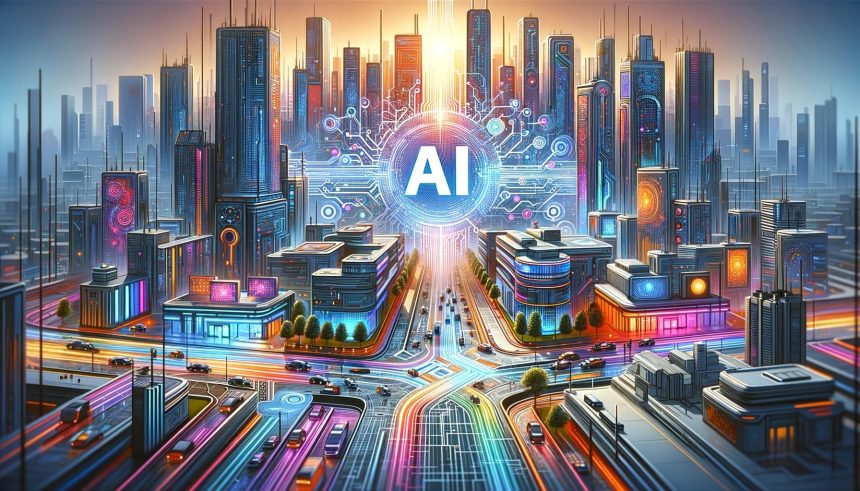A technological shift is occurring as Agentic A.I., or autonomous artificial intelligence, begins to redefine how businesses function. Unlike traditional A.I., which requires human intervention, Agentic A.I. can autonomously take actions and make decisions, altering established workflows and management strategies. Industry leaders are now focusing on integrating these systems into their operations, necessitating new skills and strategies for business success. As Agentic A.I. evolves, it poses challenges and opportunities for corporate leadership structures across the globe.
Previous discussions on artificial intelligence mainly revolved around its analytical and supportive capabilities, with tools like OpenAI’s ChatGPT leading the charge in user adoption. However, Agentic A.I. marks a significant departure from these paradigms, as it possesses the potential to independently execute complex tasks. This development requires businesses to reassess traditional roles and hierarchies as they prepare for a transition to more nuanced, hybrid workforce arrangements. As the industry adjusts, the implications for leadership extend beyond technological understanding into areas of ethics and governance.
How is Agentic A.I. Changing Workflows?
Agentic A.I. has begun to redefine workflows by performing tasks that conventional systems, assisted by human input, once handled. This shift allows teams to redirect their focus from repetitive tasks toward strategic initiatives, which could transform corporate productivity and efficiency. Businesses that adapt to this new model may find themselves better positioned to navigate the dynamic landscape of modern commerce. Companies are observing transformations in marketing operations, where Agentic A.I. reduces workload and expands creative opportunities.
Can Traditional Leadership Survive These Shifts?
Traditional leadership models, which depend heavily on top-down management, face challenges in integrating and leveraging Agentic A.I. Decision-making processes and power dynamics are shifting, paving the way for leaders with backgrounds in technology and A.I. understanding to emerge. Leadership roles are evolving to incorporate A.I. literacy, with an emphasis on interpreting and managing autonomous systems effectively. Newcomers to management may possess specialized knowledge in data science and A.I. ethics, signaling a broader shift in what comprises effective business leadership.
What Competencies Will Future Leaders Need?
Emerging leaders will need to develop diverse skill sets that blend human-centric abilities with technological acumen. Emotional intelligence, creativity, and ethical foresight will remain critical to navigating A.I.-enhanced environments. Despite A.I.’s growing capabilities, it cannot replace human strategic decision-making and emotional understanding. Companies will need to redesign leadership roles to integrate human and machine collaboration, ensuring that A.I. complements rather than replaces human contribution to strategic goals.
These developments necessitate a reassessment of business ethics, governance, and accountability within enterprises. As businesses integrate A.I. into their operations, the potential risks need to be managed, including addressable issues like bias, transparency, and data security. Leaders must not only adapt to using A.I. as a tool but also ensure its application aligns with overall business strategies and ethical standards. Preparing leadership teams that understand these complexities will prove key in maintaining competitive advantage in a rapidly advancing technological landscape.










